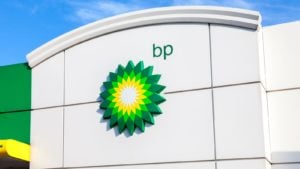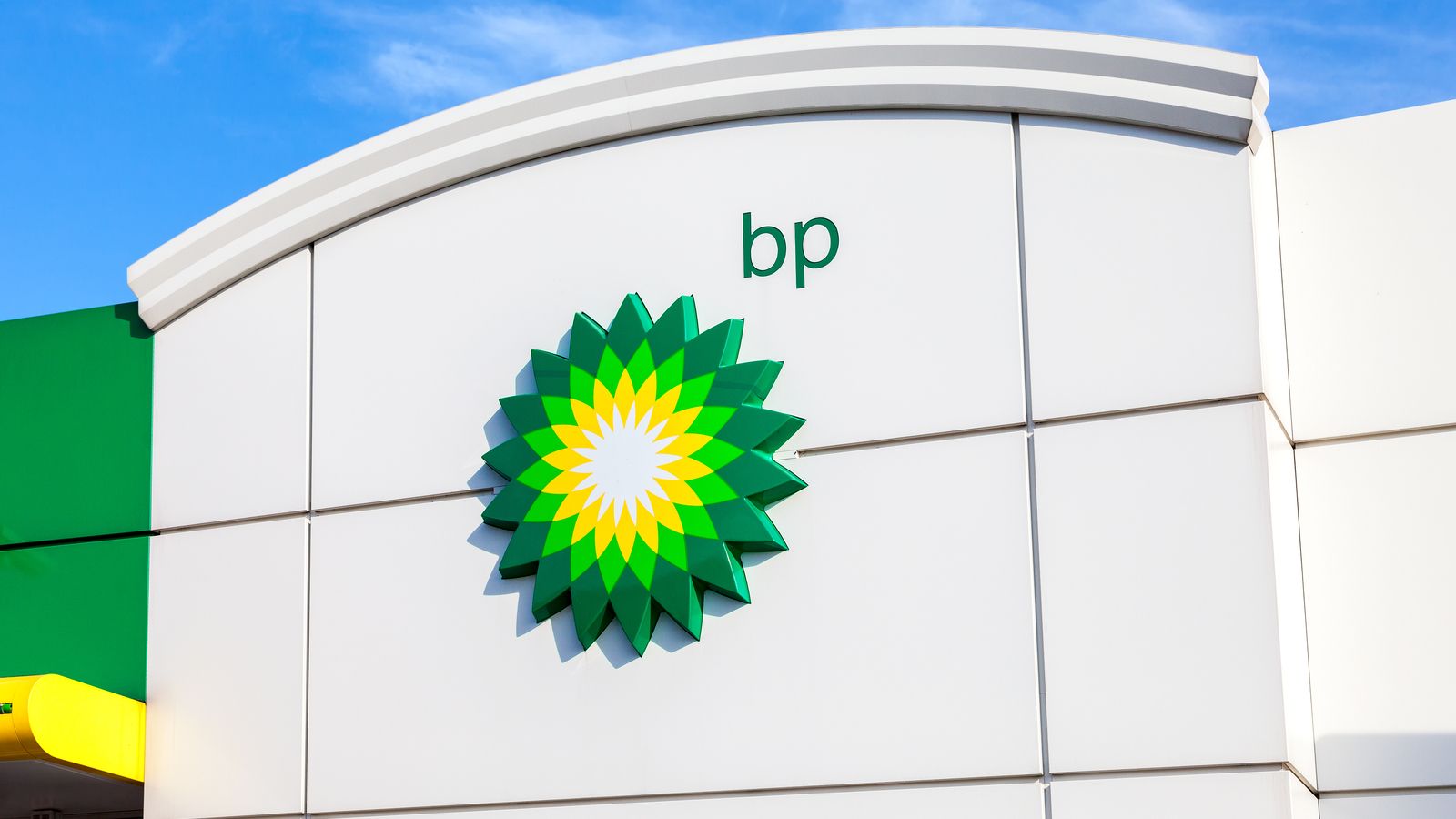In the March crash, BP (NYSE:BP) stock dipped below $20, hitting levels not seen since the mid-1990s. And while energy has regained a bit of lost ground, the situation still seems bleak.

BP continues to trade below where it did during the financial crisis and also during the Deepwater Horizon environmental disaster.
Growth investors have long given up on BP, and even value investors may be having second thoughts by this point. However, the company’s most loyal investor base, the income-seekers, remain pleased. Despite all the troubles, BP has held fast to its incredible dividend; the stock yields more than 10% at present.
Recently, there had been speculation that BP would cut its dividend. It seemed like the novel coronavirus and ensuing oil crash this spring would have been the final straw. Instead, BP took on more debt and kept the dividend intact.
Where do things stand now for the energy titan?
BP Raises Cash
In June, BP issued new debt in multiple currencies. It brought in $5 billion, 4.75 billion euros, and 1.25 billion pounds of fresh capital, amounting to nearly $12 billion in total. It used a hybrid convertible structure that allowed it to obtain low interest rates on this new capital. The euro debt, for example, comes at a mere 3.25% annual interest rate.
This plugs a big hole in the balance sheet, as BP had just taken a large writedown on its productive oil assets. In addition, low oil prices have caused the company to run on a cash flow negative basis.
For 2019, for example, the company generated $5 billion in free cash flow, but sent $7 billion out the door to shareholders for dividends. That left a $2 billion shortfall that had to be covered with debt. Now throw in even lower oil prices in 2020 and you can see how the dividend becomes a problem if current depressed energy prices persist.
The new debt financing gives BP a lot more wiggle room, but ultimately you need to generate more cash than you pay in dividends sooner or later.
Is the Dividend Safe?
With many of the major oil companies – BP included – the investor base owns shares primarily for the dividend. Through thick and thin, the energy giants are supposed to provide a steady stream of cash to shareholders.
BP showed this following the Deepwater Horizon disaster in 2010. While it suspended its dividend briefly, in 2011, it resumed paying a generous income stream despite all the legal obligations and other uncertainties around that environmental tragedy. And, while many oil companies cut their dividends in 2015 and 2016 following the oil price crash, BP held tight. It’s managed to hold onto that dividend, and even increase it slightly, despite difficult developments for both BP and the broader energy industry.
BP’s dividend history became even more impressive in light of the fact that major European oil peer Royal Dutch Shell (NYSE:RDS.A,NYSE:RDS.B) just slashed its dividend. If BP was ever looking for a moment to cut their payout, now would be the moment. Instead, they raised more debt to refill their treasury.
Thus, BP has the cash, for now at least, to keep the dividend rolling. That said, this was a company built to operate with an oil price in the $50- to $60-per-barrel range or higher. It can keep taking on more debt for quite a while, but there are limits to how much creditors will put up with.
BP Stock Verdict
The 2010s were a tumultuous decade for BP. And this one is off to no better of a start for the embattled firm. In addition to the recent capital raise, BP just wrote down more than $10 billion of assets thanks to prolonged low energy prices. That, you might notice, is almost equivalent to the amount of money they brought in with this debt deal.
Those writedowns don’t cost the company cash today. Rather, they lost it years ago when they made investments that counted on far higher oil prices to succeed. Still, it shows the challenging environment BP is facing. Oil companies enjoyed an extended period of high energy prices and are going through a painful reorganization as they adjust to the new reality.
BP is laying off thousands more employees now. On top of that, BP is also aggressively pushing into green energy – another big move for a company that has a ton on its plate already.
All in all, BP stock faces a great number of obstacles. That said, with the stock price trading at levels last seen more than 20 years ago, investors are getting a compelling price for the company. And, at least for now, they also receive a huge dividend yield in return for shouldering the risk.
Energy stocks like BP are no longer “sleep well at night” dividend sources. But they’re arguably worth it nonetheless if you have a long time horizon and are prepared to put up with more volatility in the interim.
Ian Bezek has written more than 1,000 articles for InvestorPlace.com and Seeking Alpha. He also worked as a Junior Analyst for Kerrisdale Capital, a $300 million New York City-based hedge fund. You can reach him on Twitter at @irbezek. At the time of this writing, he owned RDS.B and BP stock.
